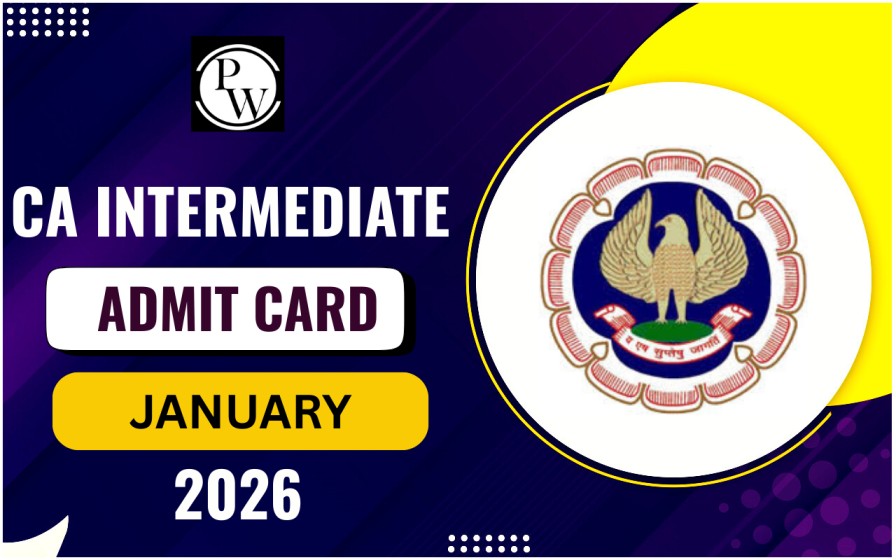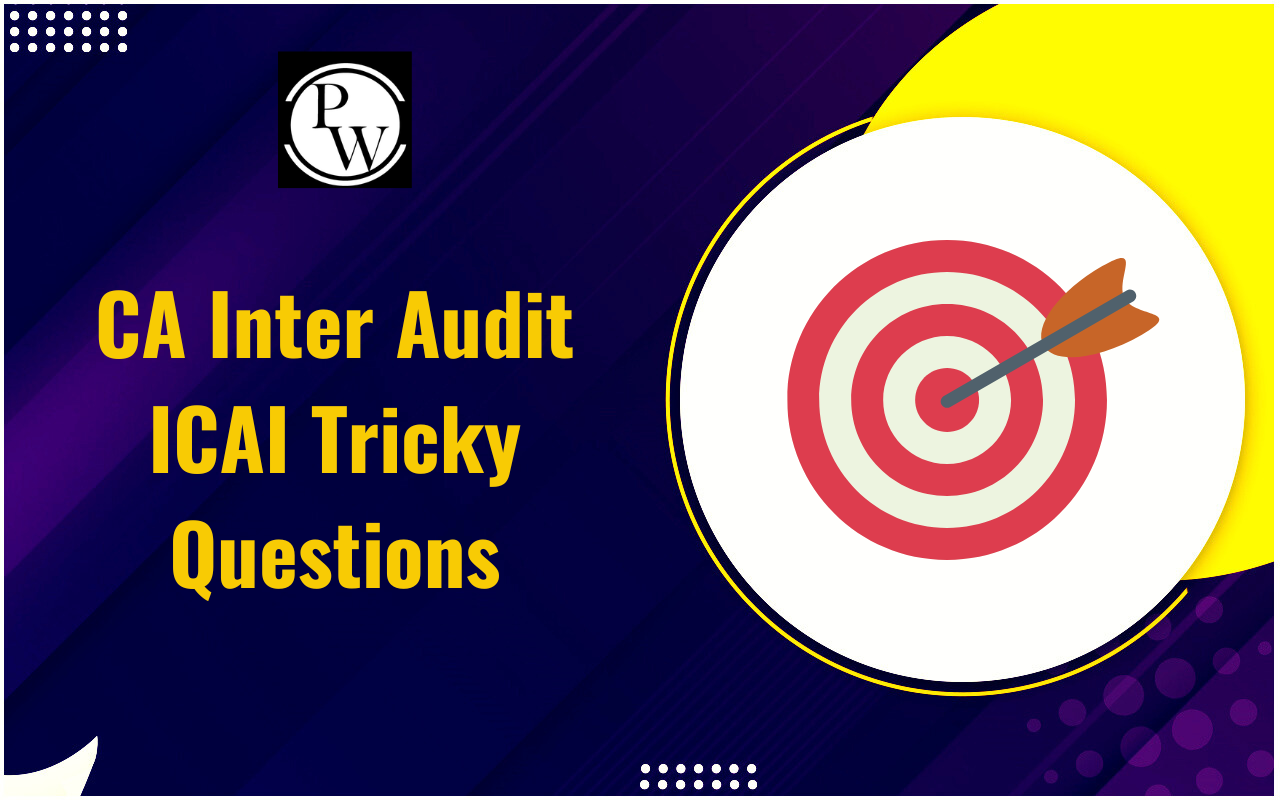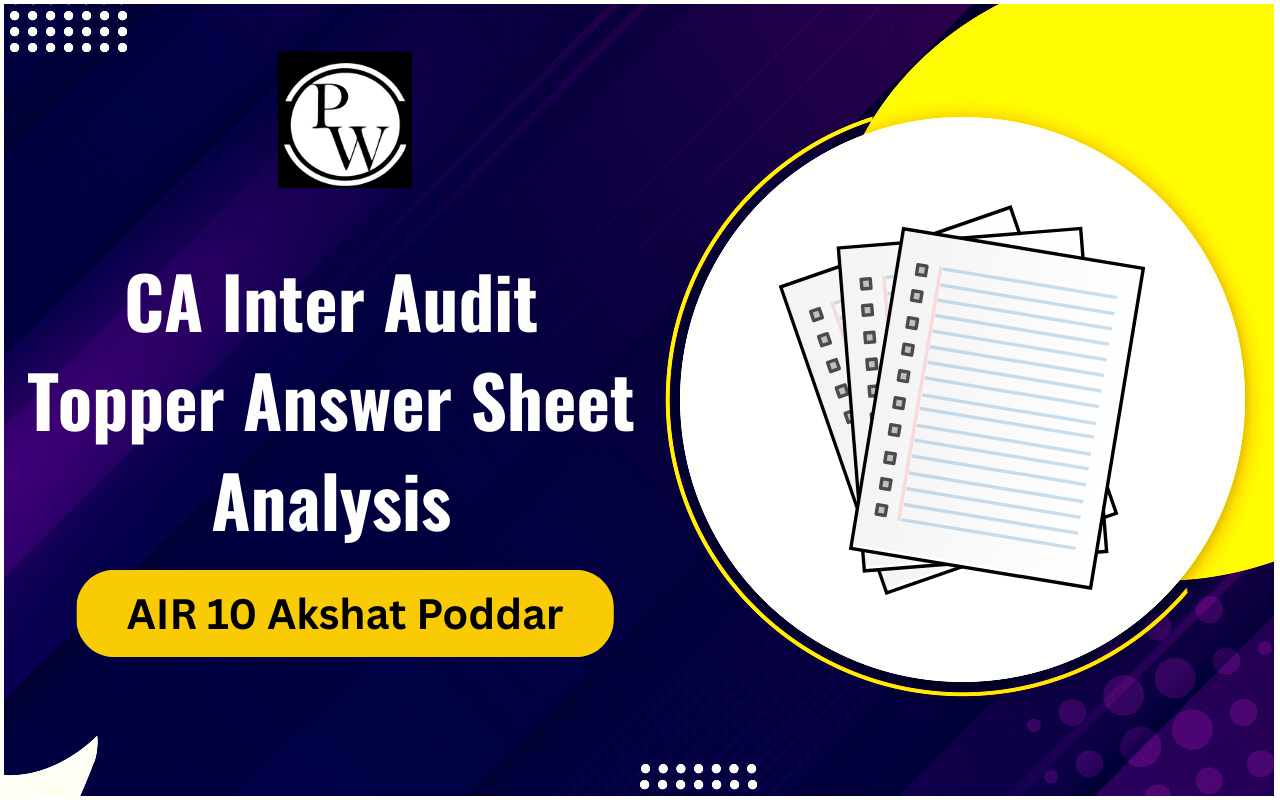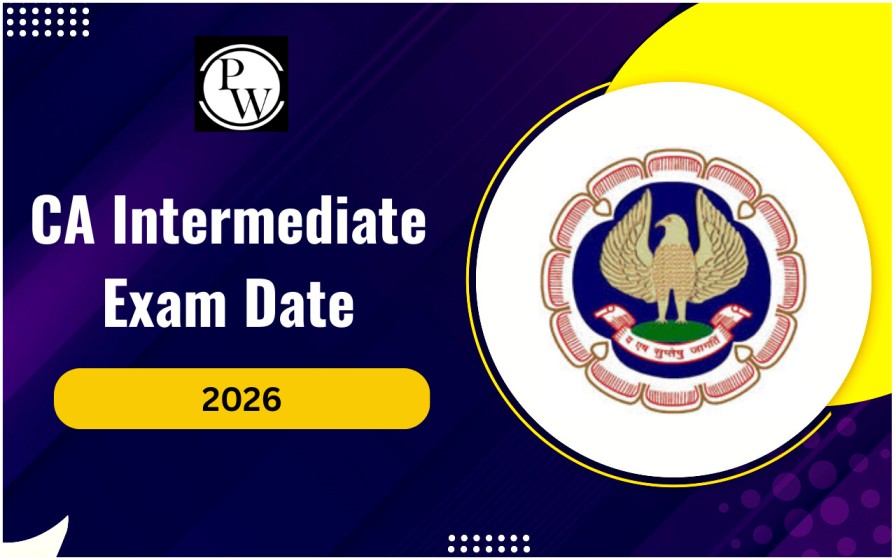
Functional level strategy is a core area in strategic management for CA students, especially those preparing for the CA Intermediate and Final exams. Functional strategies align each department’s activities with the broader business goals, supporting the corporate- and business-level strategies. CAs need a solid understanding of functional-level strategy to advise businesses on enhancing operational efficiency and competitive advantage.
This article explores the key aspects of functional level strategies, the types and role of these strategies, and how CA students can leverage this knowledge for practical application in exams and real-world scenarios.What is Functional Level Strategy?
Functional level strategy involves setting goals and planning activities for specific departments (functions) within a business, such as marketing, finance, human resources, and production. These strategies are crafted to support the company’s broader business-level strategies, focusing on optimizing day-to-day operations and achieving efficiency. While corporate- and business-level strategies focus on high-level objectives, functional strategies address the "how" of achieving these objectives, ensuring each department contributes to the organization’s success. For instance, if a business-level strategy involves becoming a low-cost provider, the functional strategies within production, procurement, and finance departments would focus on cost control and efficiency.Importance of Functional Level Strategy
Lets understand how Functional Level Strategy helps the Organization:Operational Efficiency
Functional strategies enable departments to fine-tune their processes, increasing efficiency and reducing waste, ultimately leading to cost savings.Alignment with Business Goals
Functional strategies ensure that each department’s activities align with the overall business strategy, creating a unified approach across the organization.Performance Metrics
Setting functional strategies allows departments to establish measurable objectives, making it easier to track progress and hold teams accountable.Innovation and Adaptability
Functional strategies often include plans for innovation within departments, enabling the business to adapt quickly to changes in the market or technology.
Types of Functional Level Strategy
Functional level strategy vary by department, with each having specific goals, metrics, and techniques. Here are the primary types:1. Marketing Strategy
Marketing strategies aim to identify target audiences, position the product, and attract customers through various channels. The goal is to create value for customers and drive demand. Segmentation and Targeting : Identify specific market segments and tailor strategies to target these customers effectively. Pricing Strategy : Set optimal price points to maximize revenue and remain competitive. Promotional Activities : Use advertising, sales promotions, and digital marketing to increase brand awareness and sales. Example : Hindustan Unilever Limited (HUL) uses targeted marketing strategies for its diverse product portfolio, focusing on rural marketing for specific products to increase reach.2. Finance Strategy
Finance strategies focus on managing funds, optimizing capital structure, and ensuring the company’s financial health. The finance function is essential for supporting growth and risk management. Budgeting : Allocate resources efficiently to each department and track expenditures against budgeted amounts. Capital Structure Optimization : Determine the ideal mix of debt and equity to minimize the cost of capital. Cost Control : Implement cost-saving measures across departments to boost profitability. Example : Tata Steel’s finance strategy focuses on cost management, debt reduction, and raising capital for expansion, helping the company maintain financial stability.3. Human Resources (HR) Strategy
HR strategies are designed to manage talent effectively, improve employee productivity, and build a motivated workforce aligned with corporate goals. Recruitment and Training : Attract talent that aligns with the company’s culture and strategic needs and invest in employee training for skill enhancement. Performance Management : Implement systems to monitor and evaluate employee performance against set objectives. Employee Retention : Develop programs to reduce turnover, such as career development opportunities, competitive compensation, and benefits. Example : Infosys implements employee engagement programs and training opportunities to retain top talent, contributing to high productivity.4. Operations Strategy
Operations strategies focus on the production and delivery processes, aiming to optimize resources, reduce lead times, and improve product quality. Process Improvement : Use techniques like Lean and Six Sigma to minimize waste and improve efficiency. Capacity Planning : Ensure production capacity meets demand forecasts to avoid shortages or overproduction. Quality Control : Implement quality checks and standards to ensure high product standards and customer satisfaction. Example : Toyota’s production strategy focuses on lean manufacturing and just-in-time production to reduce costs and enhance quality.5. Research and Development (R&D) Strategy
R&D strategies aim to innovate and develop new products or services that align with market trends, enhancing the company’s competitive edge. Product Development : Research and develop new products that meet customer needs or improve existing ones. Technology Adoption : Invest in new technologies to streamline processes or create innovative products. Collaboration with External Partners : Partner with research institutions, universities, or startups to accelerate innovation. Example : Apple’s R&D strategy emphasizes product innovation and the integration of new technologies, helping it maintain leadership in the consumer electronics market.The Role of Functional Level Strategy in Business Success
Functional level strategy play a critical role in executing the broader strategies outlined at the corporate and business levels. These strategies ensure that each department works effectively toward achieving the company’s vision by implementing tailored goals and action plans. When functional strategies are aligned and well-coordinated, they enhance the organization’s ability to compete and adapt in dynamic markets. Key Benefits:Enhanced Coordination
Functional strategies align departmental activities with overall objectives, ensuring that each function supports the broader corporate strategy.Improved Accountability
With clear goals and metrics, each function can measure its performance, allowing for more effective management and accountability.Cost Control and Efficiency
Functional strategies often include specific cost-saving and efficiency-enhancing initiatives that directly impact profitability.Increased Agility
Functional strategies can help the organization respond quickly to market changes by enabling individual departments to adapt their operations. Functional level strategy form the foundation of an organization’s day-to-day operations, directly impacting overall business success. CA students should master these strategies to provide valuable insights into operational efficiency, resource optimization, and departmental alignment with corporate goals. By understanding the practical applications of functional strategies in areas like marketing, finance, and HR, CAs can help businesses achieve their objectives and respond effectively to market demands. To further boost your CA exam preparation, explore PW CA Courses , designed to help you crack the CA exams with expert guidance and structured study plans.| Also Read: |
| Heads of Income |
| Company Formation and Incorporation in India |
| Income from House Property |
| Role of Information Technology in Strategic Management |
Functional Level Strategy FAQs
What is functional level strategy?
Functional level strategy focuses on setting goals and plans for specific departments to support the overall business and corporate strategies.
Why is functional level strategy important?
It ensures each department aligns with the company’s goals, enhancing operational efficiency, accountability, and cost control.
What are the main types of functional strategies?
Common types include strategies for marketing, finance, human resources, operations, and research and development (R&D).
How does a functional strategy support corporate strategy?
Functional strategies optimize each department’s performance, ensuring efficient operations that directly support higher-level business goals.
How can CA students apply functional strategies in exams?
CA students should understand real-world applications, case studies, and frameworks to recommend department-level strategies that align with overall goals.
Talk to a counsellorHave doubts? Our support team will be happy to assist you!

Check out these Related Articles
Free Learning Resources
PW Books
Notes (Class 10-12)
PW Study Materials
Notes (Class 6-9)
Ncert Solutions
Govt Exams
Class 6th to 12th Online Courses
Govt Job Exams Courses
UPSC Coaching
Defence Exam Coaching
Gate Exam Coaching
Other Exams
Know about Physics Wallah
Physics Wallah is an Indian edtech platform that provides accessible & comprehensive learning experiences to students from Class 6th to postgraduate level. We also provide extensive NCERT solutions, sample paper, NEET, JEE Mains, BITSAT previous year papers & more such resources to students. Physics Wallah also caters to over 3.5 million registered students and over 78 lakh+ Youtube subscribers with 4.8 rating on its app.
We Stand Out because
We provide students with intensive courses with India’s qualified & experienced faculties & mentors. PW strives to make the learning experience comprehensive and accessible for students of all sections of society. We believe in empowering every single student who couldn't dream of a good career in engineering and medical field earlier.
Our Key Focus Areas
Physics Wallah's main focus is to make the learning experience as economical as possible for all students. With our affordable courses like Lakshya, Udaan and Arjuna and many others, we have been able to provide a platform for lakhs of aspirants. From providing Chemistry, Maths, Physics formula to giving e-books of eminent authors like RD Sharma, RS Aggarwal and Lakhmir Singh, PW focuses on every single student's need for preparation.
What Makes Us Different
Physics Wallah strives to develop a comprehensive pedagogical structure for students, where they get a state-of-the-art learning experience with study material and resources. Apart from catering students preparing for JEE Mains and NEET, PW also provides study material for each state board like Uttar Pradesh, Bihar, and others
Copyright © 2026 Physicswallah Limited All rights reserved.









